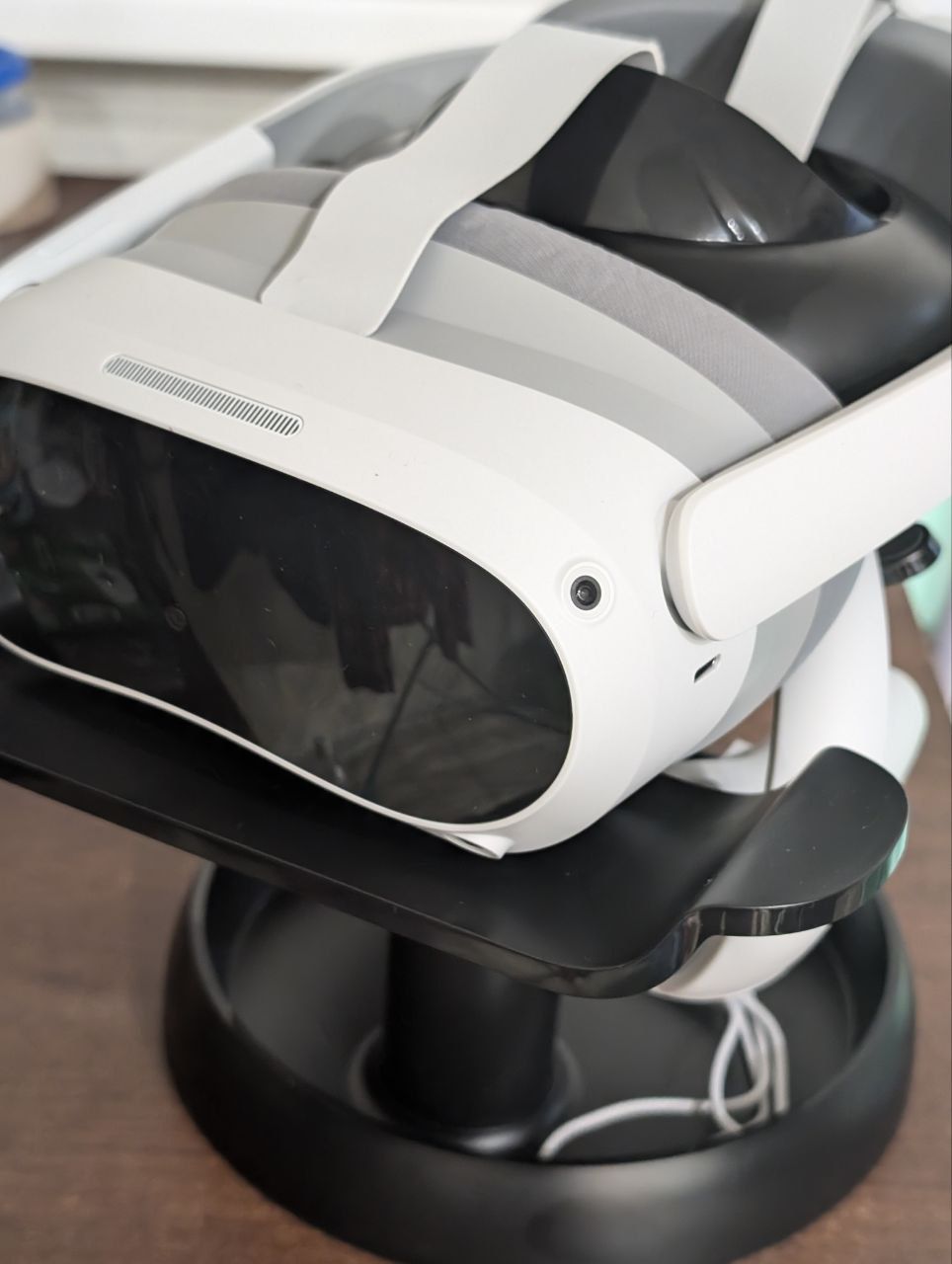Head of the Laboratory of advanced IT-solutions in psychiatry and addiction medicine
Laboratory of advanced IT-solutions in psychiatry and addiction medicine
The Laboratory of advanced IT-solutions in psychiatry and addiction medicine develops new methods of therapy and rehabilitation of mental disorders using virtual, augmented and mixed reality.
Virtual reality (VR) is a new high-tech tool in the field of mental health. VR is defined as a computer simulation, such as a set of images and sounds, representing a real place or situation that a person can interact with using special electronic equipment. It can transmit visual, auditory and various sensations to users through a headset to make them feel as if they are in a virtual or imaginary environment.
With VR, people can enter a simulation of complex situations and correct incorrect reactions based on a theoretical understanding of a particular disorder. Simulations can be graded in difficulty and repeated until the correct training is obtained. Thus, patients will find it much easier to cope with difficult situations in a VR environment than in real life and will be able to try out new therapeutic strategies. The use of VR as an interactive virtual representation of limbs can reduce neuropathic and phantom limb pain. VR games can have a positive effect on ADHD and autism spectrum disorders. VR can be useful for the treatment of bulimia and binge eating disorder. Moreover, due to its sensitivity in detecting abnormal cognitive functioning, VR measures can become an effective neuropsychological assessment tool for screening cognitive disorders. The application of VR to patients with depression can reduce the severity of their illness.











